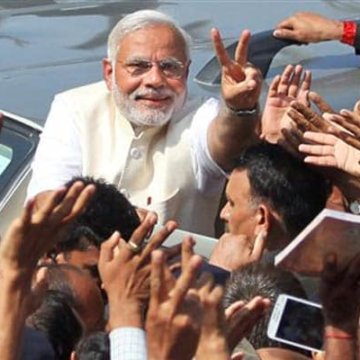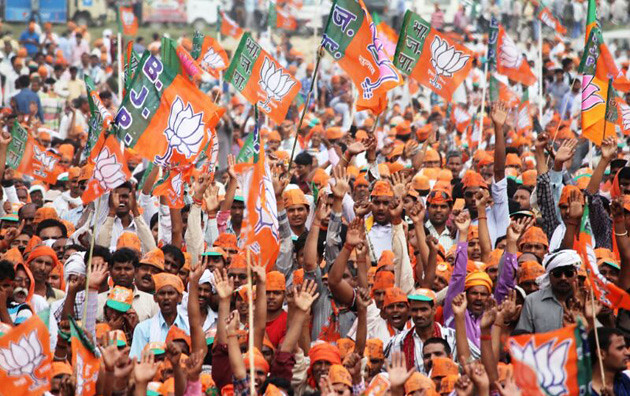- About
- Topics
- Picks
- Audio
- Story
- In-Depth
- Opinion
- News
- Donate
- Signup for our newsletterOur Editors' Best Picks.Send
Read, Debate: Engage.
| located: | India, Pakistan |
|---|---|
| editor: | Shadi Khan Saif |
With an estimated 900 million eligible Indian voters set to choose their future government through ballots, the dark powers of money overshadowing this representative system of governance remains at large.
The world’s perceived largest democracy will undergo the mammoth exercise of general elections – stretching for many days owing to the large size of the country. The country indeed made headway in terms of advanced technical tools used to ensure some degree of transparency on the polling day. This, however, remains a global concern. in developing and under-developed countries more palpably – the overpowering influence of money involved in electoral systems has clearly jolted the resilience of representative institutions, particularly political parties.
Major political parties in India lack internal democratic mechanisms, and are turning into dynasties and corporate groups. We are already witnessing the consequences in state policies being captured through the dark power of money – leading to corruption, and eventually eroding public trust in the whole democratic process.
Eying re-election, Prime Minister Narendra Modi’s party has directed moves to loosen campaign finance laws in India, generating criticism that businesses – and foreigners – could potentially yield unprecedented influence. The new rules let corporations, including those partly owned by foreign entities, fund elections anonymously. They also permit businesses to bankroll political parties through opaque instruments called electoral bonds and enable shell companies to be conduits for election funding.
But India is not alone when it comes to money earned through illegal means (ultimately laundered) during elections, and used to undermine a level playing field in political competition.
India’s eastern neighbours Pakistan and Afghanistan present a classic example of eroding trust in the political system and how this leads to favouring military in one country, and militancy in the other. The youth, and particularly the rural population in these two countries, are evidently weary of the politicians and instead see saviours in men with arms.
The army in Pakistan derives its support from such bases through cunningly peddled propaganda that mocks politicians. The army controls a large bulk of the state resources and finances under its tight grips, away from public view. These finances are believed to have played a key role in helping win a pro-military party to power in Islamabad.
The Taliban in Afghanistan brand themselves as pious men among the poor, exploiting the general mistrust towards the greedy warlords-turned-politicians. And the quest to ‘buy’ elections was already evident during the parliamentary polls in October last year. Under the presidential system of democracy, the parliamentarians in Afghanistan do not wield much power, but the scale of corruption they indulge in has already left long-term negative social attitudes towards democracy.
It is regrettable, but the issue can be resolvable through robust regulatory and accountability systems along with civil society, media, and whistle-blower protection mechanisms.

